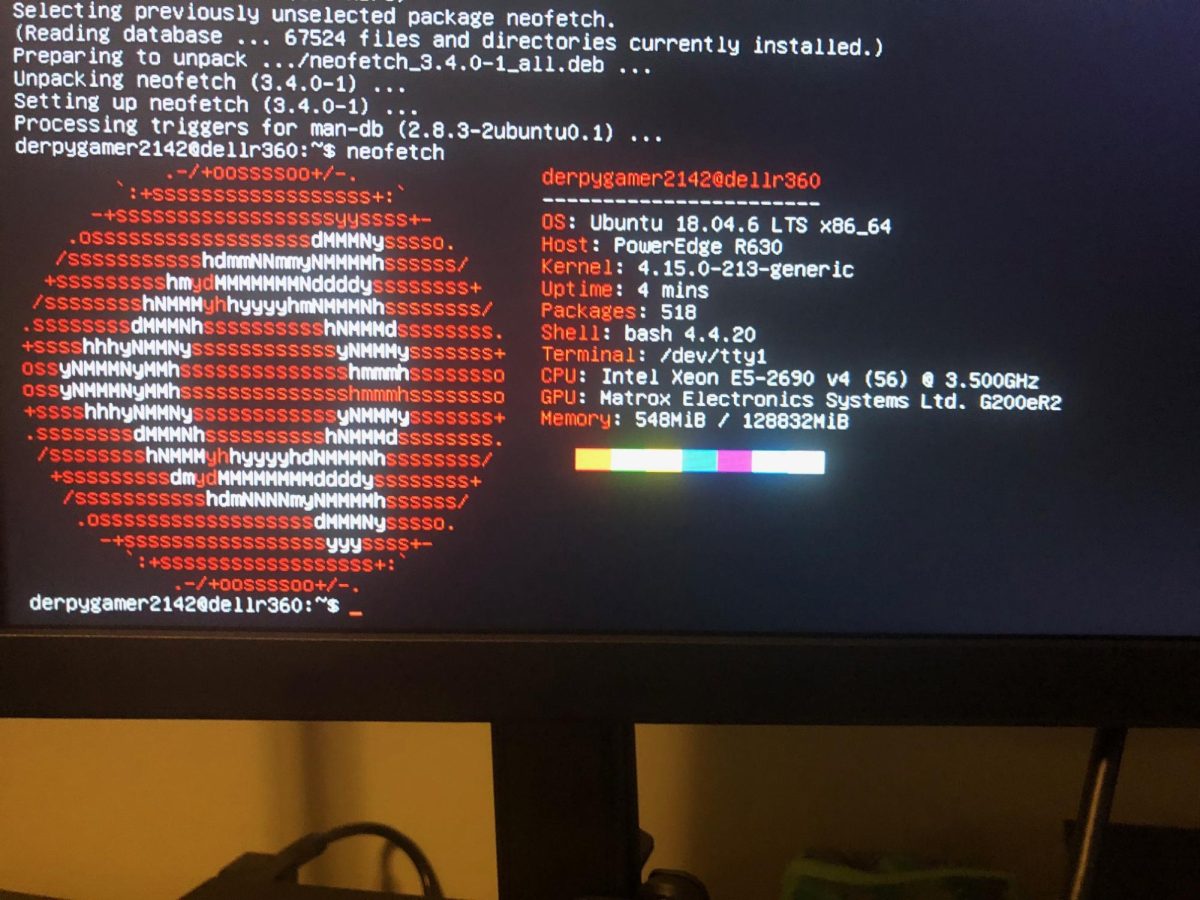During 2011, a fungus was found by a Yale University research group. This particular fungus, Pestalotiopsis microspora, can easily survive while consuming and degrading polyurethane (plastic) in aerobic and anaerobic environments. Polyurethane is estimated to take around 500 to 1,000 years to decompose, depending on it’s shape and density.
Only around 25 percent of Americans recycle, and every five seconds, 60,000 bags are consumed. This means that around 45,000 plastic bags end up in a landfill every five seconds. The average person reads 250 words per minute. That means that in the time it took to read the beginning of this article, 900,000 plastic bags have been thrown away. This is an epidemic that can escalate rapidly.
“Recycling is so important. [My family and I] always recycle. Our recycling bin is bigger than our trash bin,” said senior Courtney Cahow.
The research group found over 20 different fungi that can break down polyurethane, but P. microspora is unique because it can digest without oxygen. This means that the plastic the bottom of a landfill can be eaten away at, making the fungus much more valuable.
Bio-remediation is the process in which scientists isolate the active enzyme within the fungus and spread it over landfills to speed the decomposition of plastic. If scientists are efficiently able to preform bio-remediation, our landfill crisis could be solved. “That’d be interesting. This fungus could compensate for those who chose to not recycle,” stated Cahow.
P. microspora is a mold that belongs to the Ascomycota phylum. It lives symbiotically within plants. It also produces taxol, a chemical used to treat ovarian and breast cancer.
The chances of this fungus mutating are said to be lower than most, but still, many wonder weather it is safe to begin mass producing and spreading a fungus. “With the extremity of the landfill issue, I think it is a risk we need to take,” stated OHS senior Rachiel Kennen.
“Even though mutating fungus sounds unsettling, I do not think the risk of mutation overshadows the possibility of having out landfills naturally decrease in size. Maybe we can manipulate the fungus to mutate to our advantage,” stated OHS senior Lexi Knight.
Talia Zadeh is Editor-in-Chief for The Spartan Speaks.














































